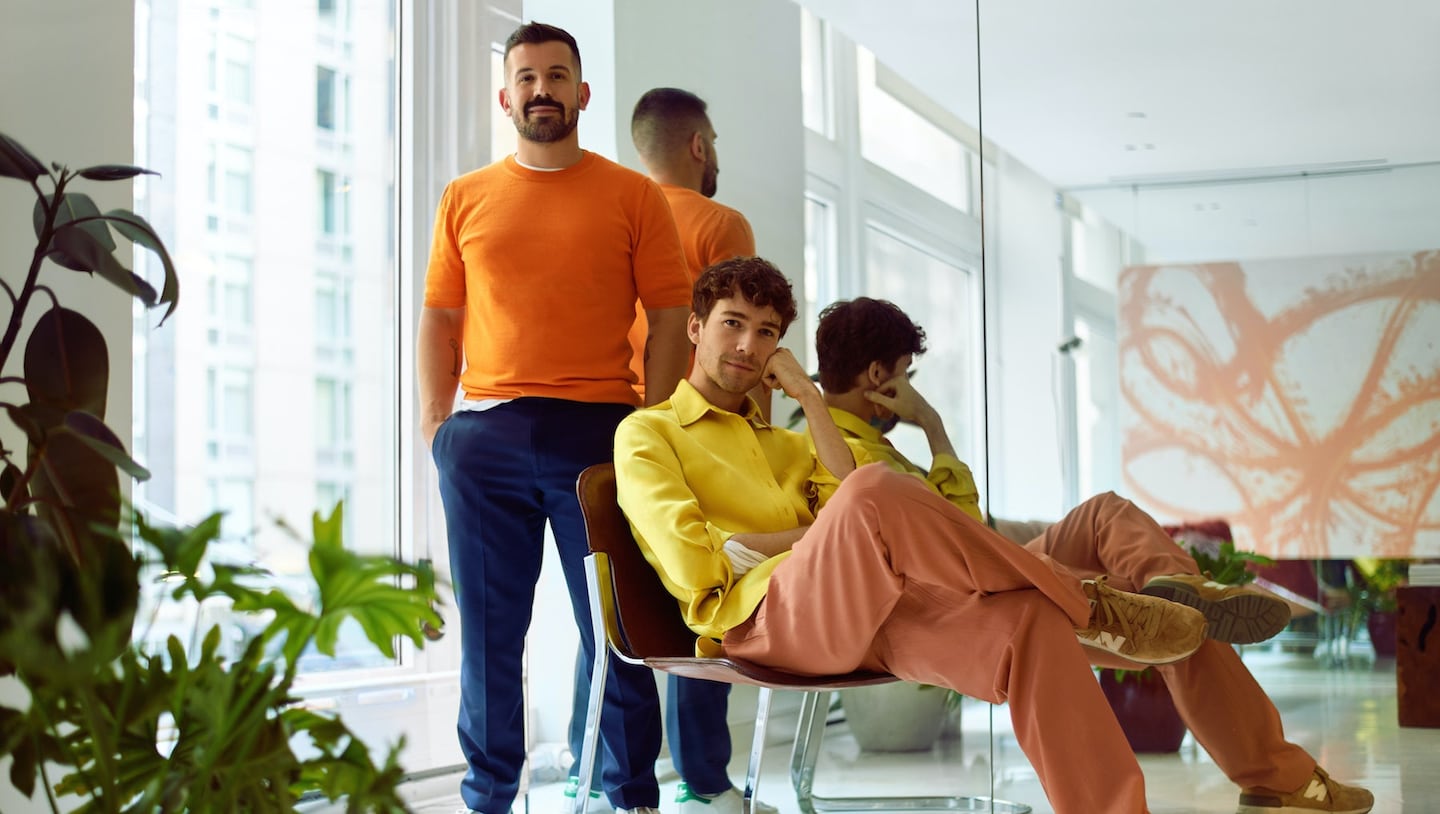
The Business of Fashion
Agenda-setting intelligence, analysis and advice for the global fashion community.

Agenda-setting intelligence, analysis and advice for the global fashion community.

NEW YORK, United States — New York-based fashion label Sies Marjan is closing its doors due to the "significant" financial impact of the Covid-19 pandemic, according to a statement released by the company.
"What we have worked on has been a dream come true," Creative Director Sander Lak said in a statement. "Thank you to everyone who has given their time and talent to Sies Marjan over the years."
Lak launched Sies Marjan in February 2016 to great fanfare. A Dutchman who had spent time working for Dries Van Noten, the designer showed his first collection — named after his mother and father — in an unfinished penthouse at the top of a luxury apartment building in New York City's financial district. Public relations reps called editors personally to ensure they attended, with the added detail that Anna Wintour — not one to show up for many debut shows — would be there. The excitement had a lot to do with Lak's talent, especially his way with colour, but it was also because the fresh brand had an old backstory.
Backed by billionaires Nancy and Howard Marks, Sies Marjan emerged from the ashes of Ralph Rucci, which the Markses had acquired years earlier. When they parted ways unceremoniously with the namesake designer, they first aimed to keep the house open. But after hiring Lak and Chief Executive Joey Laurenti, they opted to allow Lak to start from scratch, keeping Rucci's atelier — which employed some of the best clothing technicians working in New York — up and running. (A critically beloved couturier, Rucci's name was most valuable to his network of clients, of which Marks used to be a part.)
ADVERTISEMENT
In a 2016 interview with BoF, the Sies Marjan team expressed a desire to build a true luxury brand within the American system, which is better known for famous names that sell most of their goods en masse, à la Ralph Lauren, Tommy Hilfiger and Calvin Klein. "Opportunities like these don't happen anymore," Lak said. "It used to happen in the 90s, maybe, but not anymore."
Five years ago, Sies Marjan's plan was to build things slowly and quietly despite what seemed like significant financial resources, one product category at a time. "We are just trying to be appropriate about the timing and pacing," Laurenti said. "We obviously have the means, but it doesn’t seem like the smartest decision at this juncture.”
But financial backing isn't everything. Like many independent fashion labels attempting to compete against the European strategic groups — which benefit from a pool of shared resources including retail, marketing, sourcing, production and talent — Sies Marjan suffered a series of impediments, including the closure of Barneys New York, where it had negotiated an exclusive deal. Instead of investing in direct retail early on, the company instead relied on the support of major department stores, an increasingly risky proposition as multi-brand retailers — both online and off — face a tough time acquiring customers.
The pandemic, which put a plug in any and all cash flow for many of these independent brands, has only underscored the challenges they face as commerce gets up and running again. Several have joined global groups advocating for change in the way luxury fashion is bought, marketed and sold. (Sies Marjan participated in the #rewiringfashion initiative.) However, it's likely that many will not survive this latest blow.
Related Articles:
[ Sies Marjan, The Luxury Label That Appeared From Thin AirOpens in new window ]
Brands from Valentino to Prada and start-ups like Pulco Studios are vying to cash in on the racket sport’s aspirational aesthetic and affluent fanbase.
The fashion giant has been working with advisers to study possibilities for the Marc Jacobs brand after being approached by suitors.
A runway show at corporate headquarters underscored how the brand’s nearly decade-long quest to elevate its image — and prices — is finally paying off.
Mining company Anglo American is considering offloading its storied diamond unit. It won’t be an easy sell.